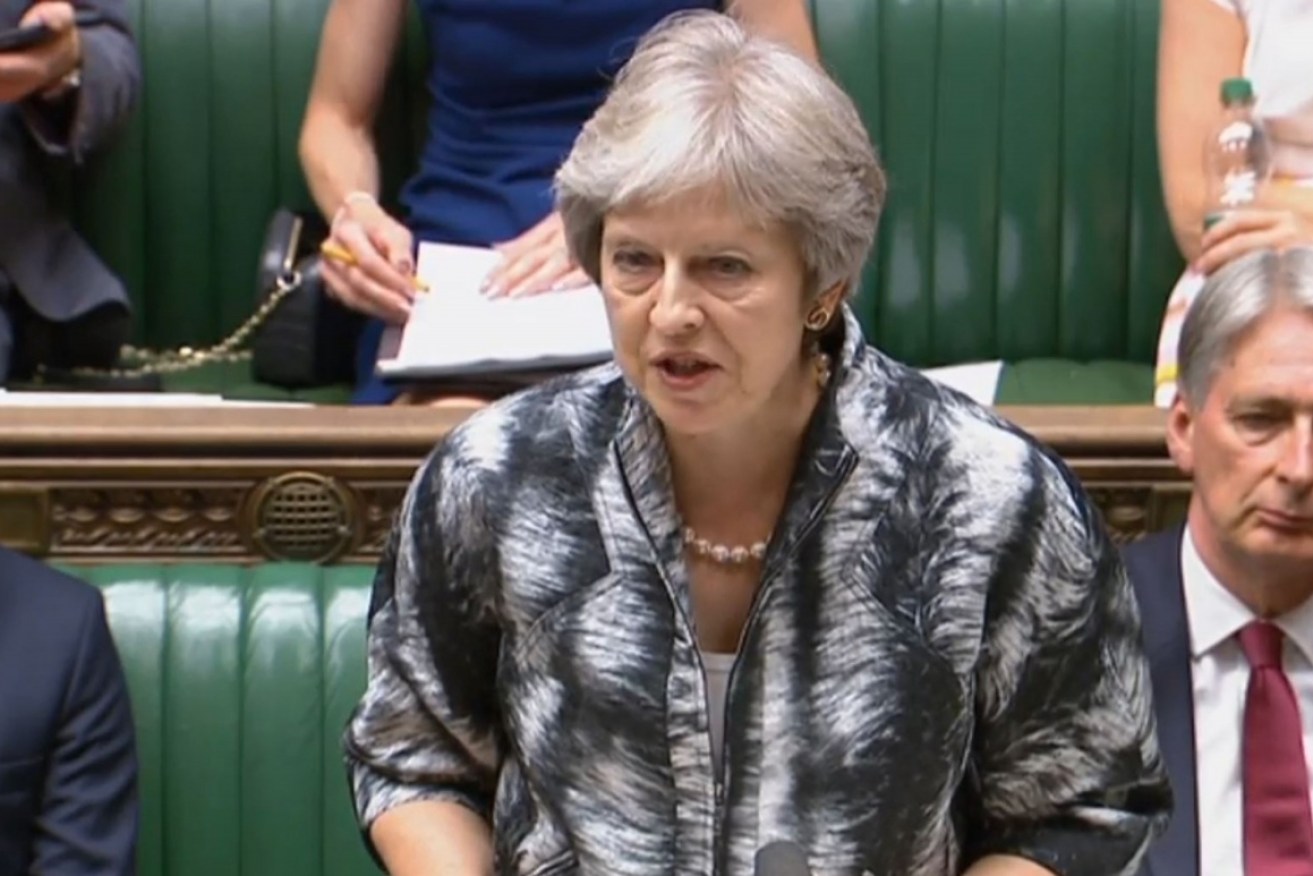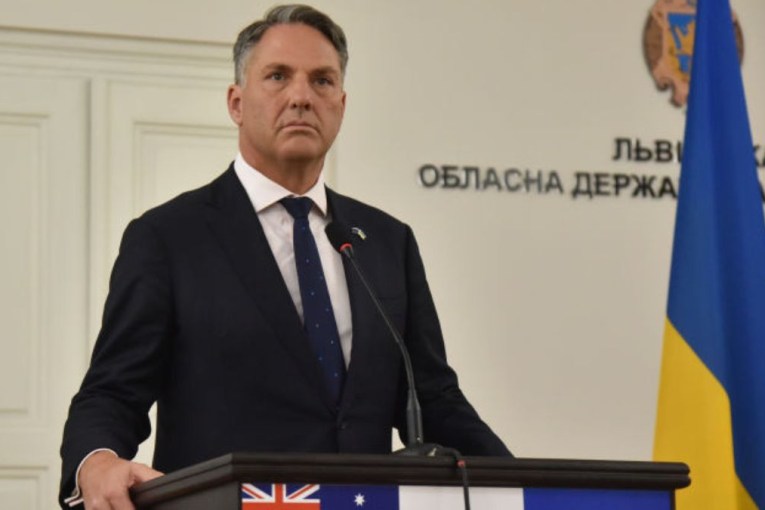Theresa May bows to Brexit pressure in parliament

Theresa May has vowed to stick to her plan to negotiate the closest possible trade ties with the EU. Photo: AAP
British Prime Minister Theresa May has bowed to pressure from Brexit supporters in her party, accepting changes to her plans for leaving the European Union in an attempt to salvage her over-arching strategy.
But by bending to the will of hardline Brexit campaigners she exposed her vulnerability in parliament, where both wings of her party attacked each other, highlighting the deep divisions that have hampered progress in talks with the EU.
Ms May has vowed to stick to her plan to negotiate the closest possible trade ties with the EU, saying her strategy was the only one that could meet the government’s aims for Brexit.
But her plans have been criticised by pro-EU Conservative MPs, with one former minister calling it the “worst of all worlds”, while eurosceptics say the strategy will keep Britain firmly in the bloc’s sphere of influence.
Brexit supporters had targeted the government’s customs legislation, hoping to toughen up her plans to leave the EU.
Instead of facing them down and fuelling tensions, her spokesman said the government would accept their four amendments.
The spokesman said the changes did little more than to put government policy into law. But by hardening the language to emphasise that the future collection of duties and taxes by Britain and the EU be on a reciprocal basis, Brexit supporters may have made May’s plan less sellable to the bloc.
For now, her plans appeared still largely on track.
Ms May denied a suggestion in parliament that her Brexit plan was dead, and her spokesman said the decision to accept those amendments were “consistent” with the white paper policy document ministers agreed earlier this month.
Where the government might struggle is explaining its acceptance of the demand that the EU must collect tariffs on Britain’s behalf, if London is to do the same – a suggestion one expert said the bloc’s negotiators were unlikely to accept.
The government’s acceptance of the amendments also did little to ease the tensions in Ms May’s party, which is at war with itself over the Brexit plans.
Ms May had to fight hard to get the agreement of cabinet ministers at her Chequers country residence earlier this month for her vision for Britain’s future ties with the EU.
It was then undermined by the resignations of her Brexit minister David Davis and foreign secretary Boris Johnson.
From the other wing of Ms May’s party, pro-EU former education minister Justine Greening called on Monday for a second referendum, saying it was the only way to break the stalemate in parliament over the best future relationship with the bloc.
Ms Greening branded Ms May’s plan as “a fudge I can’t support. It’s the worst of both worlds”.
Ms May’s spokesman said there would be no second referendum under any circumstances, and restated her position that the Chequers plan was the only way to deliver a Brexit that worked in the best interests of the country.








